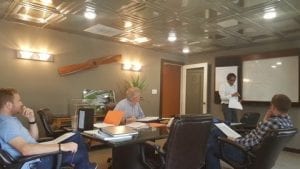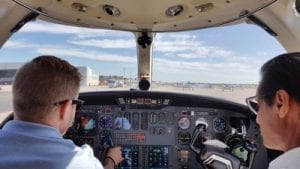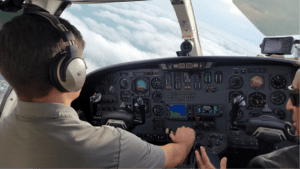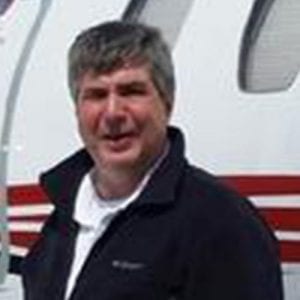There are many benefits to in aircraft training. In this article I hope to highlight seven benefits of choosing in aircraft training.





In conclusion, a balance of multiple forms of flight training can be a helpful and rewarding experience that rewards a pilot candidate with improved problem solving and flying skills. I have outlined a few benefits of in aircraft training. These benefits should not be ignored when deciding to attend a flight training academy for flying an advanced airplane. The rewards of completing training in the same airplane that you will actually be flying will be beneficial as you embark on your next exciting frontier of your pilot experiences.
Erik Aibel
Associate Director of Training


